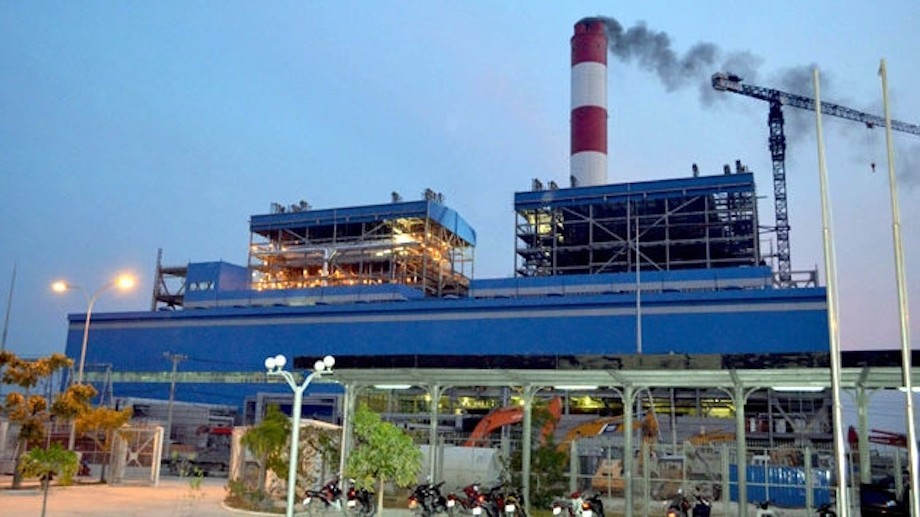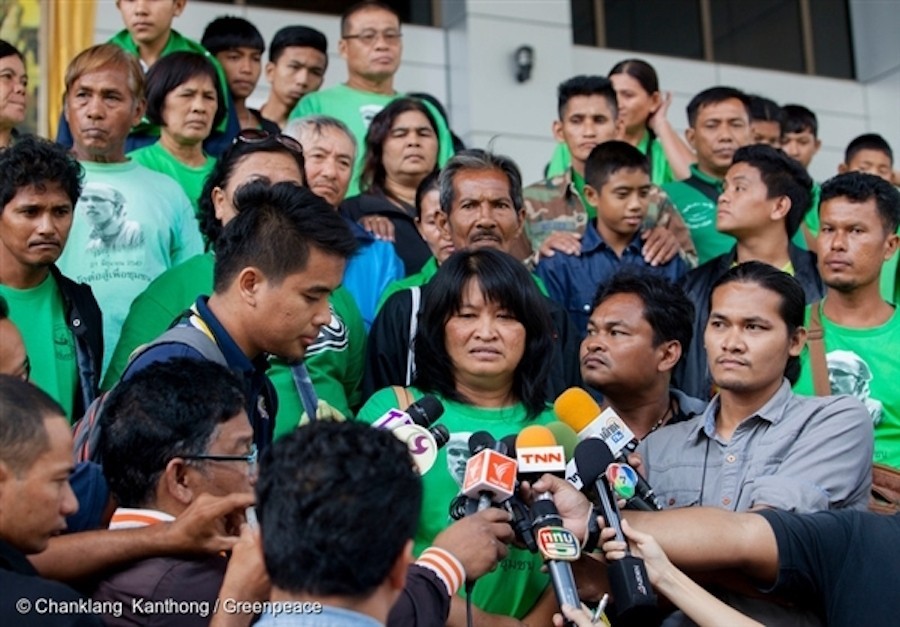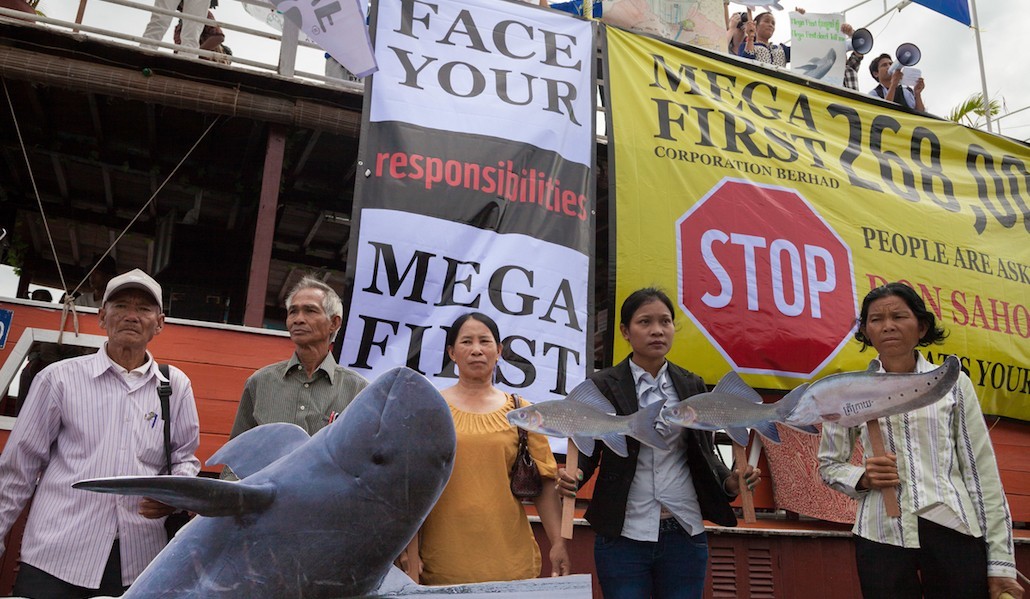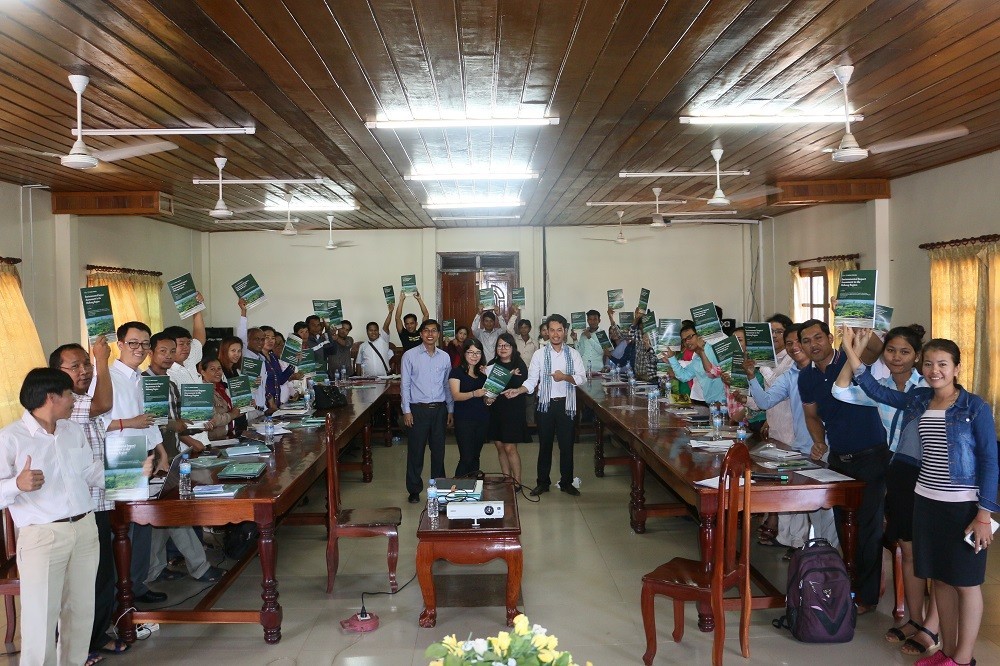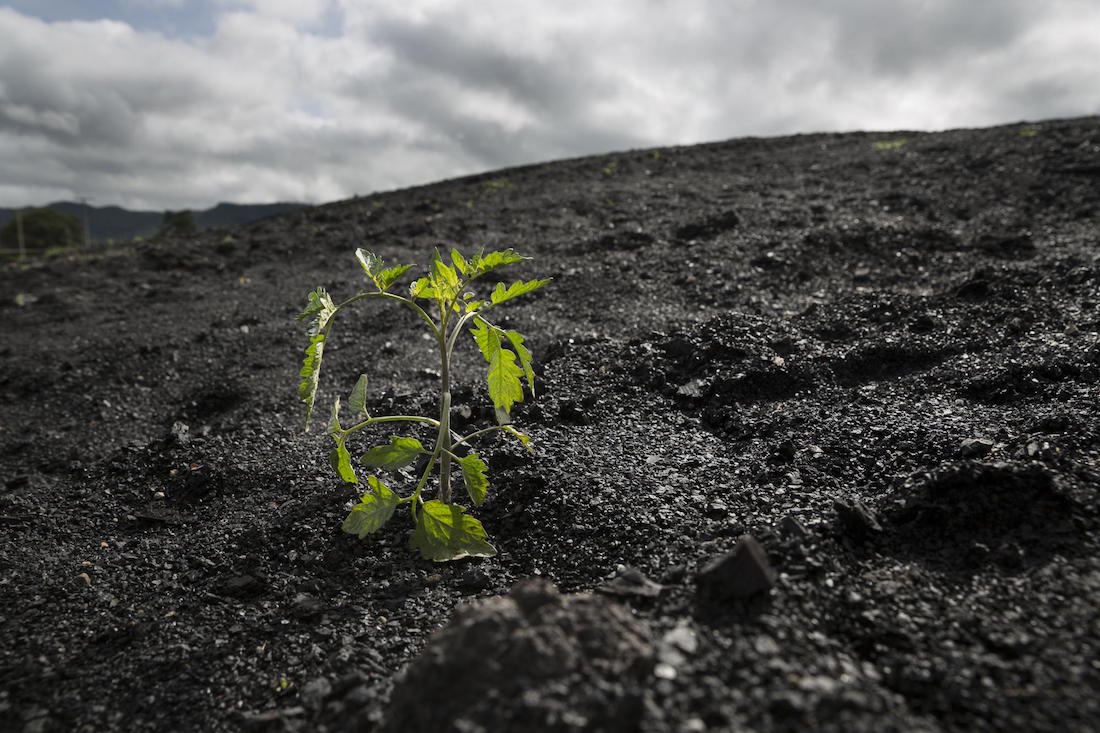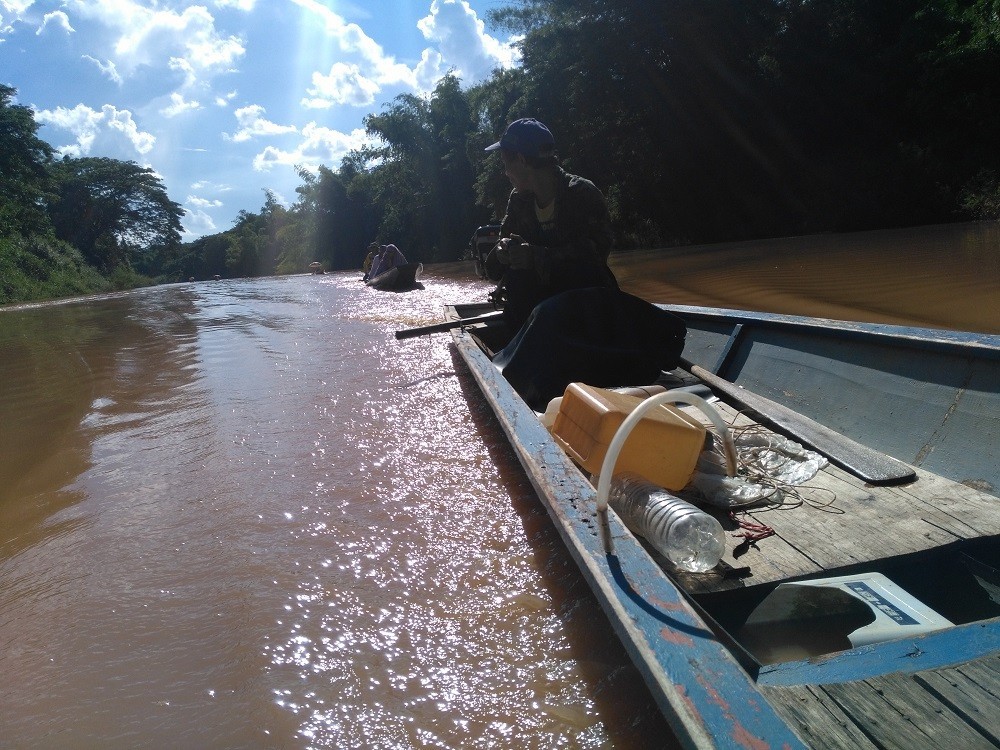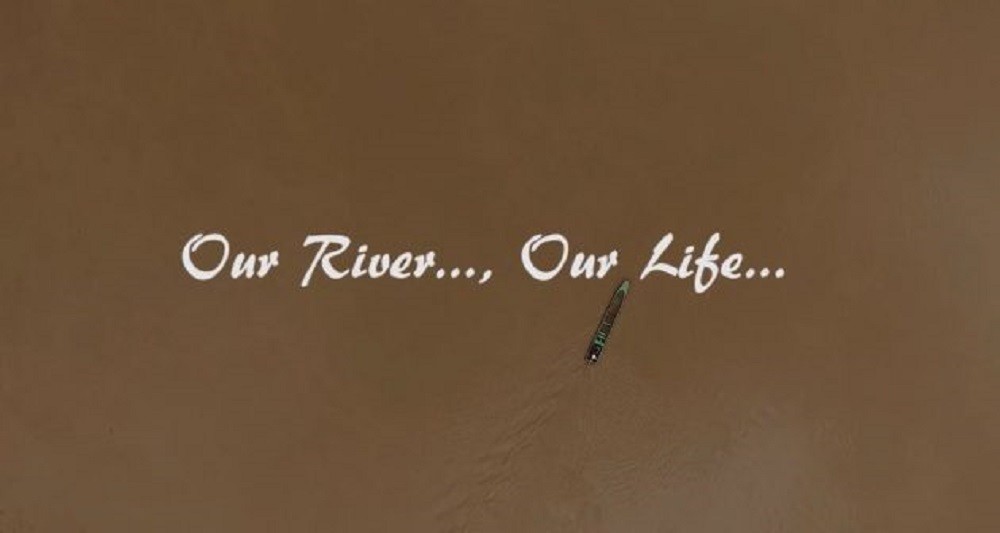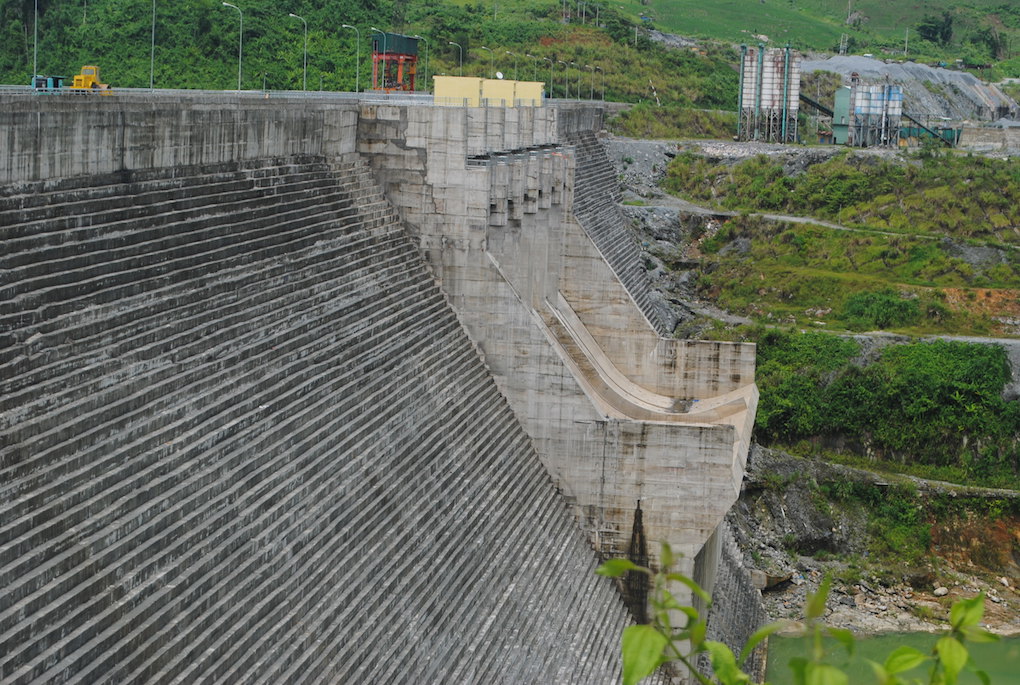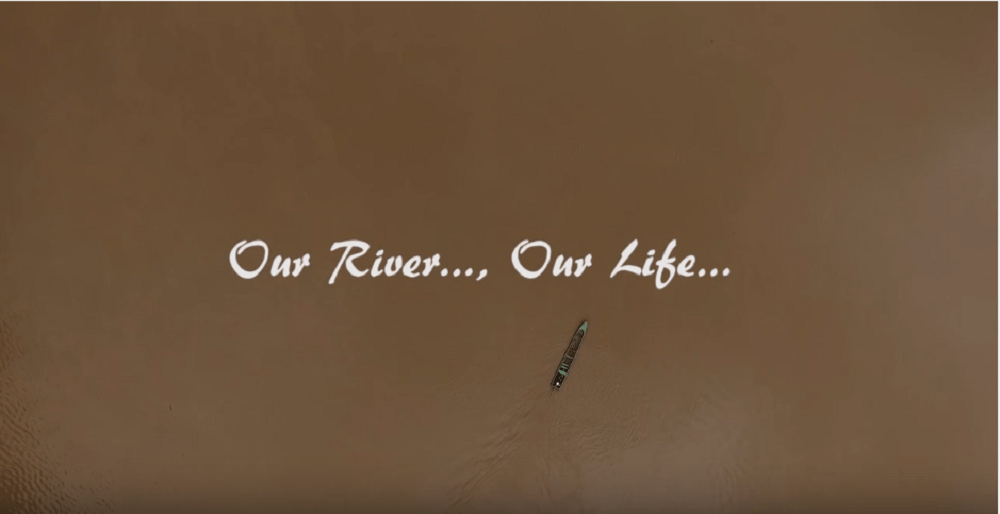The Save the Mekong coalition has expressed concerns over the development of the Don Sahong Dam in Champassak Province, Lao P.D.R. The network, consisted of communities, local and international environmental groups, reiterates their concern over the construction of the Don Sahong Dam due to its location in an area critical to Mekong fish migration, the potential impacts of the project on regional fisheries are severe. They stress that food security of thousands of people in the Mekong Basin is dependent on many of the migratory fish species which have traditionally passed through the Hou Sahong channel. The also claim inadequate information has been made available to date regarding the scale and scope of the project’s impacts, the ongoing studies and monitoring efforts that are informing the project’s ‘adaptive and flexible approach’ to mitigation, and confirmation of the implementation and efficacy of the project’s mitigation measures.


